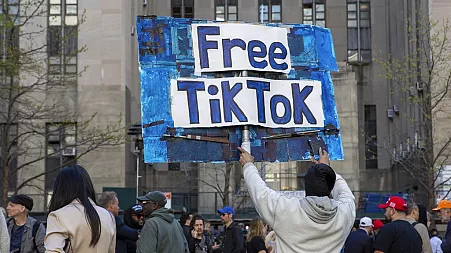Thousands of doctors may be missing out on over £40,000 a year in unclaimed pension payments, analysis shows.
A rule change last year means that more than 200,000 NHS staff are eligible to claim retirement benefits from their old pension scheme and continue working without incurring a financial penalty.
However, many are unaware that they could be benefitting from these early pension payments, which are not backdated – meaning the money is lost if it goes unclaimed.
There are 143,632 NHS pension members aged 60 or older and 65,921 aged 55 and over who are eligible to claim these early pension benefits but have not done so, according to analysis of NHS Business Services Authority data by wealth manager Quilter.
Another Freedom of Information request shows that the average pension of a nurse is worth £12,052 a year, a hospital doctor £35,833, and a GP £42,352.
It means NHS staff in their 50s and 60s could be missing out on thousands of pounds each year that they continue working.
In 2022, the old NHS pension scheme – the “1995 Scheme” – was closed, and all active members were moved to the new “2015 Scheme”. After this date, members no longer accumulate benefits in the old scheme.
Staff had the option of taking retirement benefits from the old scheme and returning to work, but until April 2023 they were not allowed to accrue benefits in the new scheme if they did so. This changed after the Government introduced a rule designed to coax NHS retirees back to work.
Once staff pass “normal retirement age” – either aged 55 or 60, depending on their role – they can start claiming retirement benefits without facing any payment reductions for retiring early.
It means there is unlikely to be any good reason for staff to not start taking their 1995 pension after reaching this age, according to Quilter.
Despite this, thousands of staff do not understand how their pension works and are missing out on benefits.
Chancellor Jeremy Hunt scrapped the lifetime allowance cap of £1.073m on pension savings last year, after lobbying from the British Medical Association, which insisted that the tax was pushing senior NHS clinicians into early retirement.
However, the current system means NHS staff who want to draw their 1995 pension and continue working must either partially retire – where they reduce their pensionable pay and continue working – or leave the workforce and re-enter – known as “retire and rejoin” – both of which require their employer’s consent.
If the employer does not give consent, the member would be denied access to their 1995 pension benefits.
Graham Crossley, NHS pension specialist at Quilter, urged the Government to do more to make public sector health workers aware of the changes to the scheme and amend the rules.
He said: “In the private sector, an employee can take their personal pension benefits without informing their employer or getting their employer’s agreement, so why should the public sector be so different? The rule is very unfair and these archaic hurdles need to be removed.”
Most NHS staff benefit from “gold-plated” defined benefit pensions which promise an inflation-proof income guaranteed by the taxpayer – paid as a percentage of either their final or career average salary.
Retired public sector workers – including NHS doctors – were handed a 6.7pc pay rise in April, the second-highest for decades. The uplift will cost taxpayers an extra £2.5bn, according to investment firm Canada Life.
The Telegraph revealed last year that the number of retired NHS staff on pensions worth more than £100,000 a year doubled to 900 between 2019 and 2023.
Tom Selby, AJ Bell director of public policy, said: “Public sector pensions, including those enjoyed by NHS staff, are among the most generous available in the UK today.
“Although the upfront contributions can seem high on the face of it, this remains one of the best retirement deals anyone could hope for and far in excess of the pensions most private sector workers can expect from their employers.
“Defined benefit pensions have withered on the vine in the private sector, in large part because of the significant costs associated with maintaining them.
“Any debate about public sector remuneration must therefore take into account not just wages but the exceptional pensions workers are entitled to.”
A Department of Health and Social Care spokesman said: “The NHS pension scheme last year wrote to its more than two million members to inform them of the new retirement flexibilities the department has introduced. Almost 9,000 applications for partial retirement have been made in response so far.
“Employer agreement is required for any change to employment terms, including partially retiring. Employers are being supported by NHS Employers and NHS England to make arranging a flexible retirement as simple as possible.”
Disclaimer: The copyright of this article belongs to the original author. Reposting this article is solely for the purpose of information dissemination and does not constitute any investment advice. If there is any infringement, please contact us immediately. We will make corrections or deletions as necessary. Thank you.



